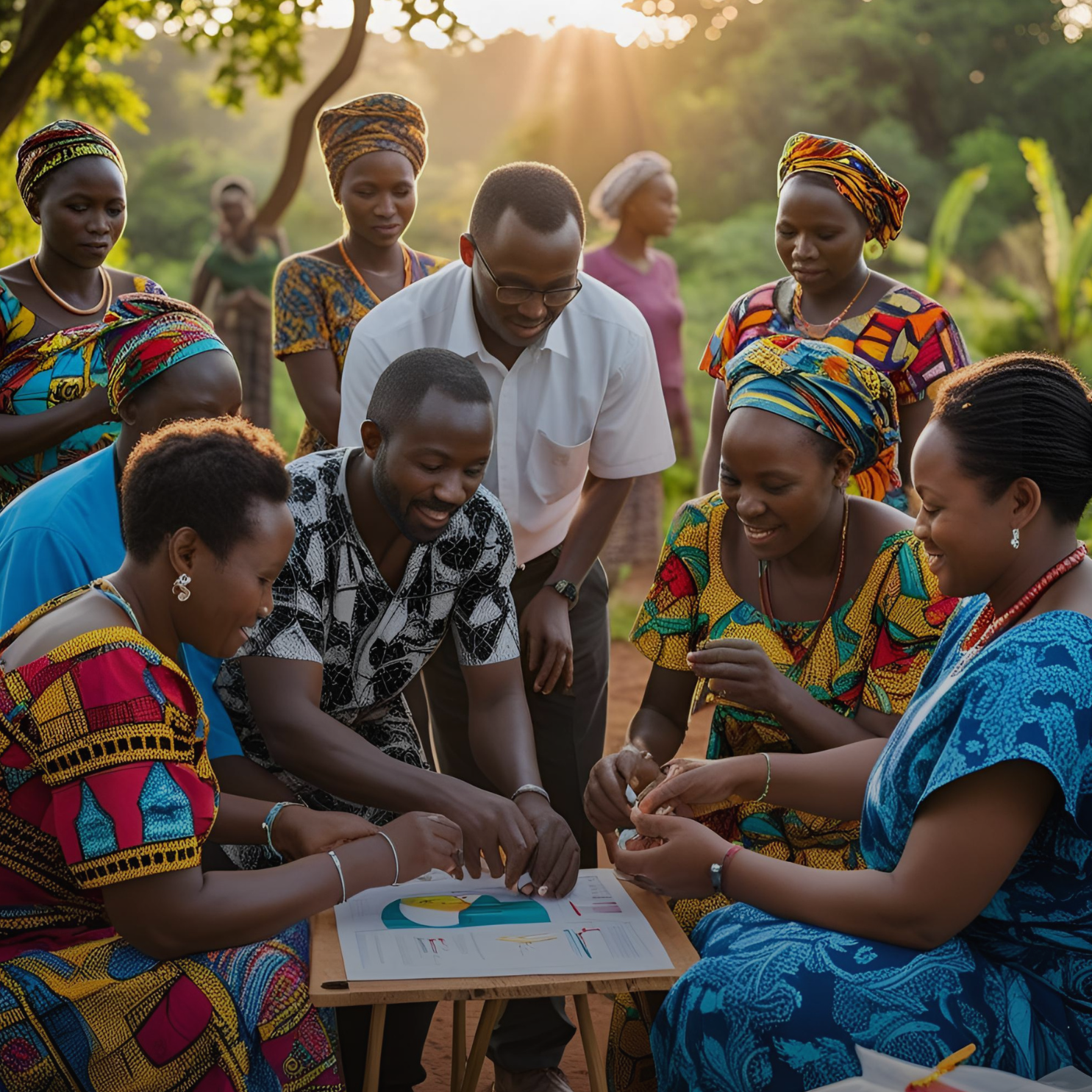
LISTENING MATTERS: Study finds community engagement key to effective health interventions

A new study has found that health programs in Tanzania are more effective when communities are actively involved in their design and delivery.
The study co-authored by a group of dedicated scientists—including Karama Ogillo from the Ifakara Health Institute—asks an important question: What happens when we truly listen to communities before we act?
The findings, published on the Journal of Health & Social Behavior, urge policymakers and global health actors to prioritize inclusive strategies for lasting impact.
The power of listening
In Tanzania, health challenges like malaria, HIV, and malnutrition are part of everyday life in many communities. Over the years, researchers and development programs have introduced many solutions—but not all of them work. Why? Because too often, those solutions are made for communities, not with them.
The study focused on health programs in Tanzania that were co-created with local people. This means researchers didn’t just arrive with their own ideas—they asked questions, listened carefully, and worked side-by-side with communities to build something that made sense for them.
The findings are clear: when communities are involved in designing and delivering health programs, people trust them more. They’re more likely to participate, follow medical advice, and support each other. In short, trust saves lives.
Karama Ogillo: Science meets empathy
One of the researchers, Karama Ogillo, brought a unique perspective to the study. As a Tanzanian public health expert affiliated with Ifakara Health Institute, he understands both the science and the people. His contribution helped ensure the research reflected the voices of real communities—not just numbers on a spreadsheet.
Ogillo emphasized that many health programs fail not because the science is wrong, but because “people feel left out.” His work helped show how building relationships and understanding local culture can lead to health programs that actually work.
Real stories from real people
In one village, a mother shared how earlier health campaigns had ignored their traditions. “They just told us what to do,” she said, “but no one asked what we needed.” Later, when a malaria prevention program involved local leaders and allowed families to shape the message, everything changed. People began sleeping under nets and teaching their children to do the same.
Stories like this appeared again and again in the research. They proved what many community members already knew: solutions grow stronger when everyone has a voice.
Listen, involve, co-create!
Though the study focused on Tanzania, its lessons can help across the globe. Health programs in any country—from the U.S. to Uganda—can benefit from putting communities at the center. The study offers a blueprint for governments, NGOs, and researchers who want lasting impact: listen, involve, and co-create.
Read the full study here.
